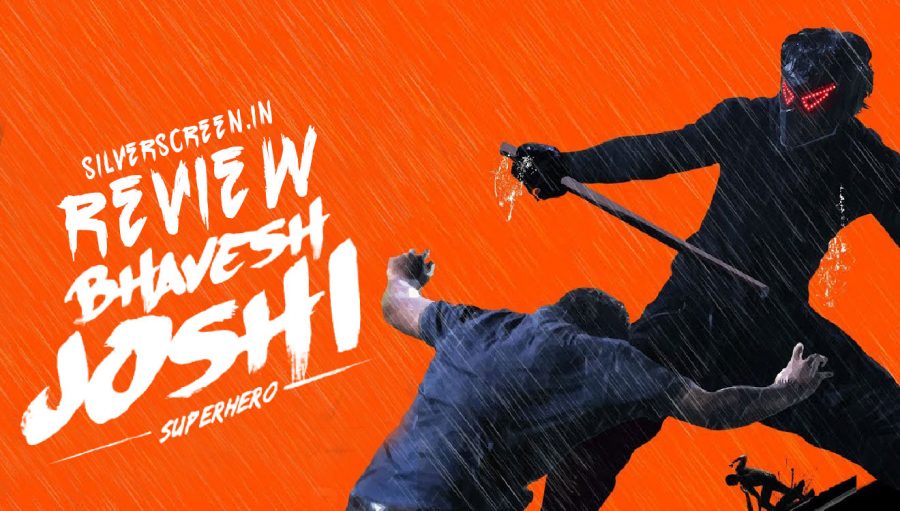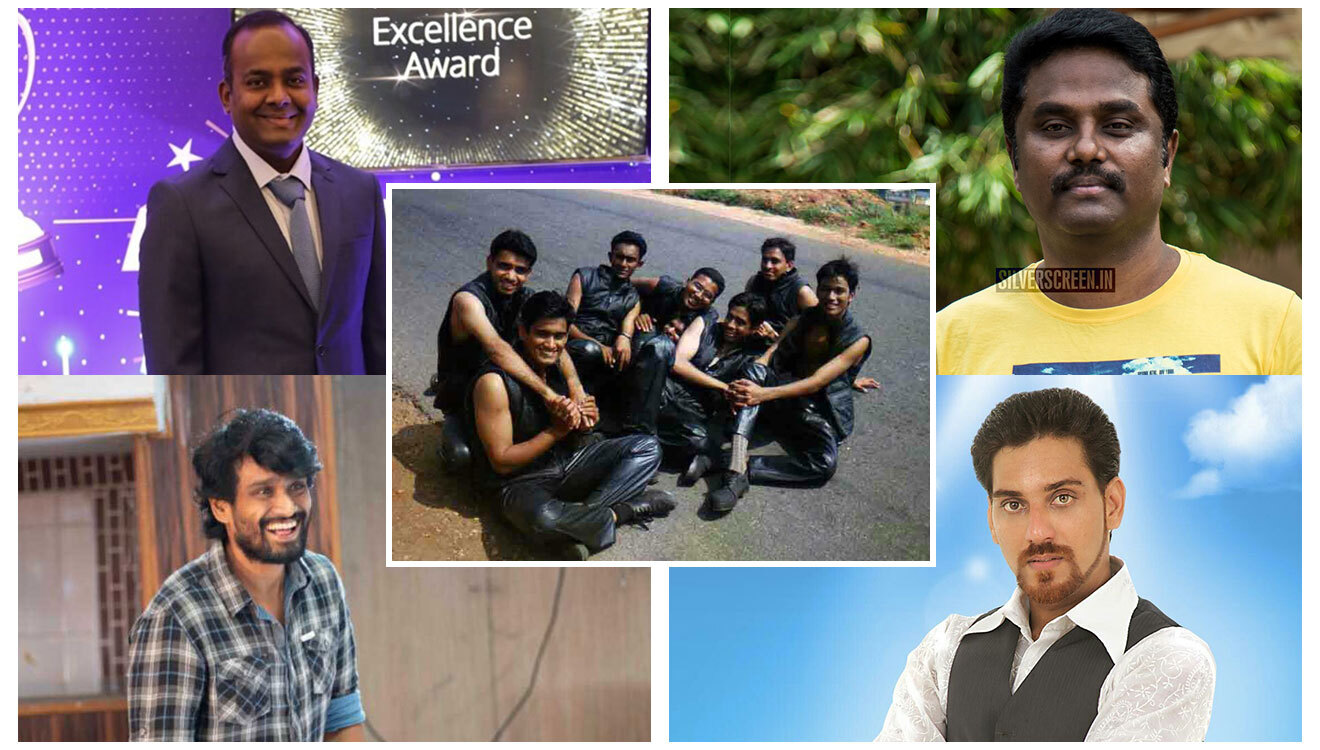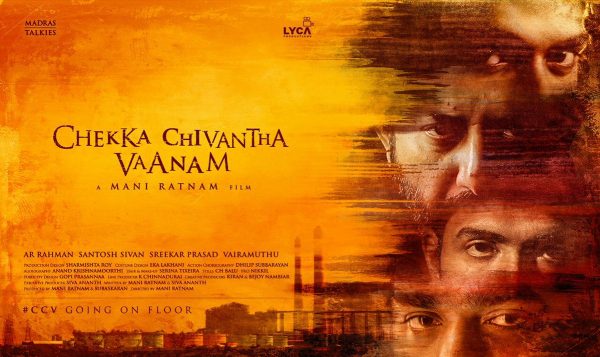Spoilers Ahead
Last year, filmmaker Ken Loach raised in an interview a very pertinent question that resonates with the time, “That constant humiliation to survive… If you’re not angry about it, what kind of person are you?” Vikramaditya Motwane’s Bhavesh Joshi is an angry man too, for he doesn’t have a reason to not be. The country is reeling under corruption and political rot, and those responsible are hiding behind power and the mask of nationalism. In a society that persecutes the ones who speak the truth and question injustice, this young man turns his anger into his ultimate power.
Two college students, Bhavesh Joshi and Sikander Khanna are bitten by the anti-corruption bug during the India Against Corruption movement. They launch a YouTube channel, Insaaf, where they upload videos of themselves in a brown-paper mask, stopping people from peeing on the streets and breaking traffic rules. The youngsters’ antics border on buffoonery and activism, but they are serious about what they do. The film puts itself in the shoes of Rajat (Ashish Verma), a third-wheel in the gang who watches out for Bhavesh and Sikander, from a point never too close or far. As adulthood catches up, Sikander moves on, but Bhavesh persists. He dreams to be like the lone hero of Gotham, save the city single-handedly, wearing a brown paper mask and equipped with a camera and a bright red neon signal.
Motwane designs his superhero as a blend of citizen journalist and activist. The plot isn’t entirely about a do-gooder going all out to change the world, but about a young man trying to redeem himself from the guilt of betraying his best friend. The film is set in a grimy lower middle-class milieu, and has the texture of a slick indie drama, shot exceptionally well by cinematographer Siddharth Diwan. Visuals are dynamic, reminiscent of the youthful rebellion of the protagonists, and the night sequences are particularly well shot.
The film pulls off some interesting narrative tricks. It steers clear of overt plot exposition which leaves the final sequence ambiguous. Playing the title role isn’t the star in the cast, the one-film-old Harshvardhan Kapoor, but a lesser known fantastic actor, Priyanshu Painyuli. It takes a dig at the cliched phrase – ‘Mumbai’s undying spirit’ – and daringly takes on the mob-lynching nationalism of modern India, screaming to the world that the emperor is naked.
The film makes perfect sense in these portions where it empathizes with its hero who has a childlike likability. He is an anti-thesis to the invincible heroes in our popular masala films. Bhavesh is physically vulnerable, and definitely not invincible. As part of preparing himself to counter the villains, he starts attending a martial arts class. He is naive, but his sincerity makes the naivete relevant and relatable. Especially well-staged is a scene where Sikander, now busy on a full-time IT job and a ticket to the US, mocks Insaaf and Bhavesh’s revolutionary ambitions. You could sense his anger giving way to a sense of helplessness.
However, it starts losing out on its fascinating originality in the latter portions where it changes tracks to be an imitation of a big-budget vigilante thriller. One of the practical difficulties to be a conventional superhero in a third-world country like India is to stay anonymous in the sea of humanity that our cities are. In its initial portions, Bhavesh Joshi is a perfect Indian superhero who spoofs the American superheroes. He struggles to drink tea with the mask on, and has to run for his life when a thug threatens to hit him. All this rooted quality is lost in the final leg of the film. Loop holes in the plot become too big to ignore, and the superhero reduces himself into a silly young man, high on self-destructive ideas. The real moments of Bhavesh Joshi, like Motwane’s Udaan or Lootera, unfolds in private moments. He zooms his camera into the individuals in their dark and confusing moments, and in extended sequences where of stunt or the item song that foregrounds a criminal conspiracy session, he shows less restraint. While Bhavesh’s descent into doom is powerful and moving, Sikander’s character transition is hard to buy because we get less of those nuances Motwane’s maiden films had.
Recommended
The lead actors deliver exemplary performances that make even the sluggish moments slightly memorable. Kapoor’s passive demeanor perfectly suits Sikander, and he is well complemented by Painyuli’s endearing presence. The actors are one of the factors that lift that film above its many disappointing elements. In spite of the flaws, it is hard to dismiss Bhavesh Joshi off as an erratic piece because it is simply not a lazy film. It has got something substantial to say. It is subtle, and it brings to the screen with a rare honesty, the exasperation one suffers on a daily basis in a system where things are irreparably messed up. In a country where elite class rules the roost, how can a middle-class superhero thrive, it wonders.
***
The Bhavesh Joshi Superhero review is a Silverscreen original article. It was not paid for or commissioned by anyone associated with the movie. Silverscreen.in and its writers do not have any commercial relationship with movies that are reviewed on the site.



